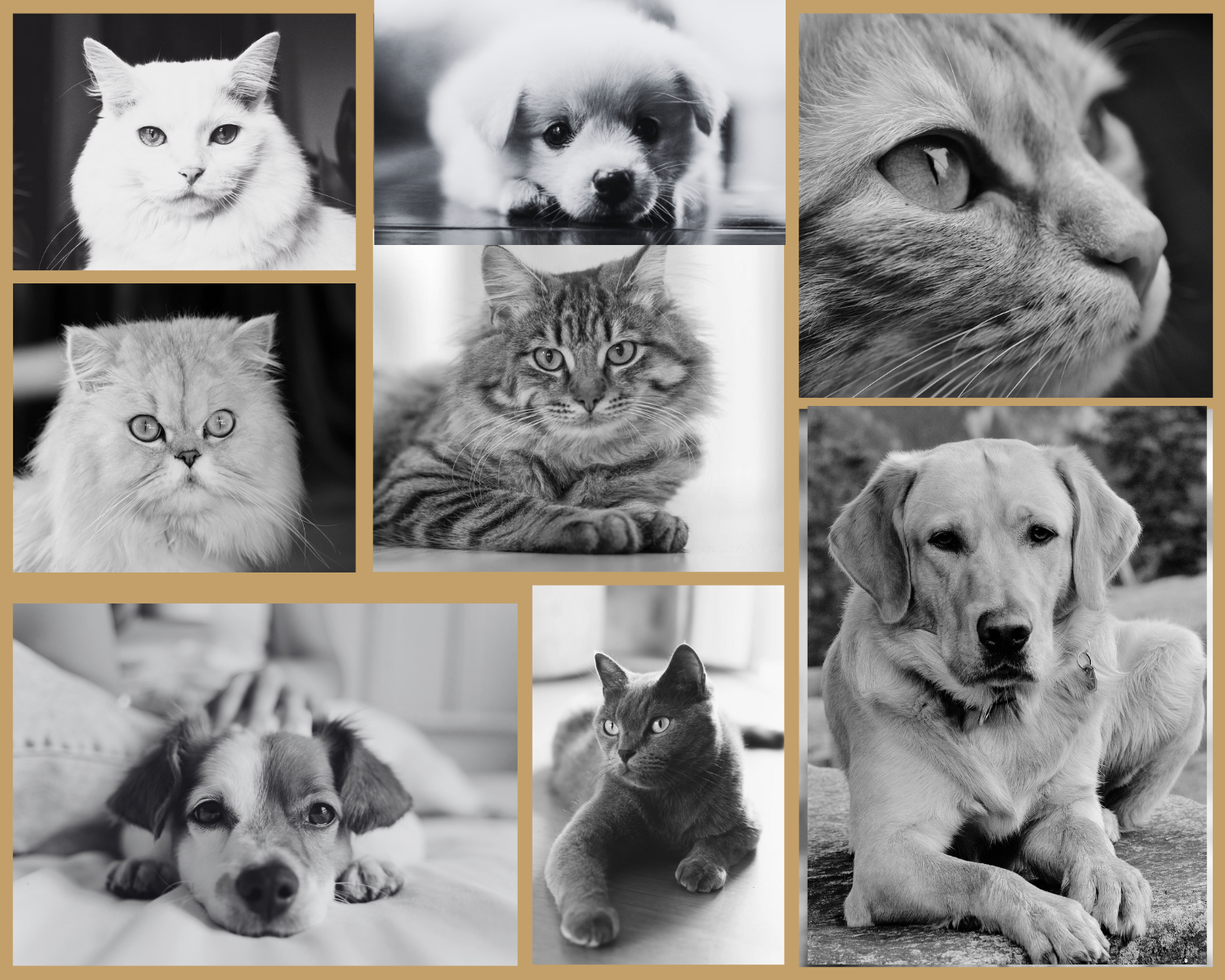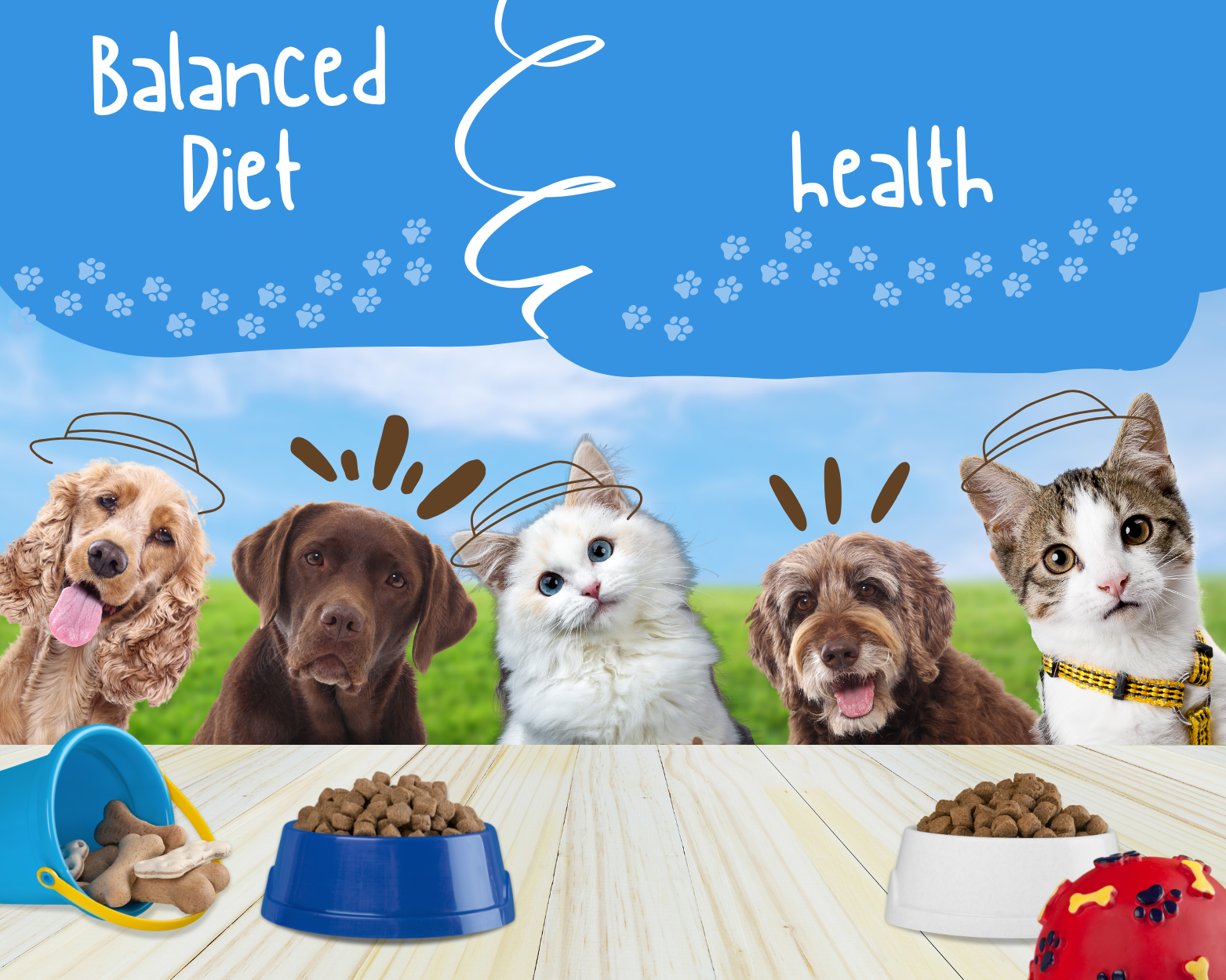What are the right steps for your pet’s health?
Care and Health Tips for Cats and Dogs: Ensuring a Happy, Healthy Pet
As pet owners, one of our biggest responsibilities is ensuring the health and well-being of our furry friends. Cats and dogs, while different in many ways, share similar needs when it comes to care, nutrition, and medical attention. In this blog post, we’ll explore key care and health tips to help your pet live a long, healthy, and happy life.
1. Balanced Diet: The Foundation of Health
A proper diet is crucial for your pet’s health. The right nutrition can support their energy levels, skin and coat condition, and even their longevity.
- For Dogs: Dogs need a well-balanced diet based on their age, size, and activity level. Puppies require higher protein levels, while older dogs may need a diet with fewer calories to maintain a healthy weight.
- For Cats: Cats are obligate carnivores, meaning they need meat in their diet. Choose high-quality cat food with the right balance of protein, fat, and essential vitamins.
2. Regular Exercise and Playtime
Exercise is essential for both cats and dogs to maintain a healthy weight and avoid behavioral issues.
- Dogs: Dogs need daily walks, runs, or playtime to burn off energy and stay fit. Active breeds may require more exercise, so it’s important to tailor the amount of activity to your dog’s specific needs.
- Cats: While cats don’t need walks, they do need regular play sessions. Interactive toys, laser pointers, and climbing structures help keep cats mentally and physically stimulated.
3. Routine Veterinary Checkups
Regular vet visits are crucial for detecting health issues early and ensuring your pet stays up to date on vaccinations and preventive care.
- Vaccinations: Ensure your pets receive their core vaccinations (e.g., rabies, distemper, parvovirus) and any additional shots recommended by your vet.
- Parasite Prevention: Both cats and dogs are susceptible to fleas, ticks, and worms. Talk to your vet about the best parasite prevention plan for your pet, whether it’s monthly medications or spot treatments.
4. Dental Care: A Healthy Mouth Equals a Healthy Pet
Dental health is often overlooked, but it plays a major role in your pet’s overall health.
- Dogs: Dental disease in dogs can lead to serious issues like heart and kidney disease. Regularly brushing your dog’s teeth and providing dental chews can help maintain oral hygiene.
- Cats: Cats are also prone to dental issues, like gingivitis and periodontal disease. Offering dental treats and incorporating teeth brushing into your routine can significantly reduce dental problems.
5. Weight Management
Obesity in pets is a growing problem and can lead to numerous health issues, including diabetes, joint problems, and heart disease.
- For Dogs: Monitor your dog’s weight and adjust their diet and exercise routine if needed. Overfeeding or feeding table scraps can quickly lead to an overweight dog.
- For Cats: Cats can also gain weight easily, especially if they are indoor cats with less activity. Provide portion control and avoid free-feeding to keep them at a healthy weight.
6. Grooming and Coat Care
Regular grooming keeps your pet’s coat healthy and can prevent skin issues.
- Dogs: Depending on the breed, dogs may require regular brushing to prevent mats and tangles, as well as routine baths to keep their coat shiny. Don’t forget nail trimming and ear cleaning.
- Cats: Most cats groom themselves, but long-haired cats, in particular, need regular brushing to prevent matting. Cats are also prone to hairballs, so brushing them can help reduce this.
7. Hydration: Always Provide Fresh Water
Proper hydration is critical to your pet’s health. Ensure that fresh water is always available, and be mindful of the temperature—especially in hot weather when pets may be more prone to dehydration.
- Dogs: Dogs need a constant supply of fresh water, especially after exercise or during play. Make sure to clean their water bowl regularly.
- Cats: Some cats prefer running water, so you might want to invest in a pet water fountain to encourage them to drink more.
8. Behavioral Health and Stress Management
Just like their physical health, your pet’s mental health is important. Dogs and cats can experience stress or anxiety, which can manifest in various behavioral issues.
- For Dogs: Dogs may experience separation anxiety, fear of loud noises, or stress from changes in their environment. Providing a consistent routine, engaging toys, and calming products (like anxiety wraps or pheromone diffusers) can help.
- For Cats: Cats are sensitive to changes in their environment, so be mindful of any potential stressors. Providing hiding spaces and vertical perches can help your cat feel secure. You can also use pheromone diffusers to promote a calm atmosphere.
9. Regular Cleaning of Living Areas
Maintaining a clean home is essential to your pet’s health.
- Litter Boxes: For cats, scooping the litter box daily is crucial for hygiene. Regularly wash the box to prevent odors and bacteria build-up.
- Dog Areas: Keep your dog’s bed and toys clean by washing them frequently. Pay attention to areas where your dog spends the most time and ensure they stay free of dirt and parasites.
10. Emergency Preparedness
Accidents and health emergencies can happen at any time, so it’s important to be prepared.
- First Aid Kit: Keep a pet first aid kit on hand, complete with bandages, antiseptic wipes, and any medications your pet may need. Know the contact information for an emergency vet clinic in case of serious health issues.





